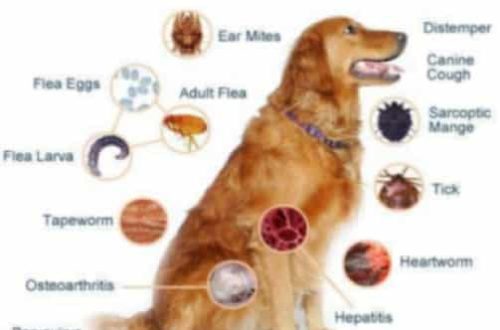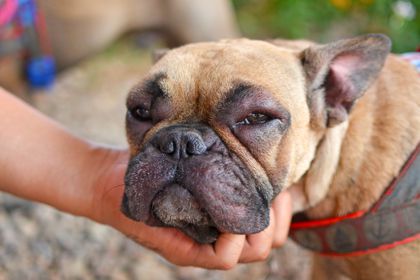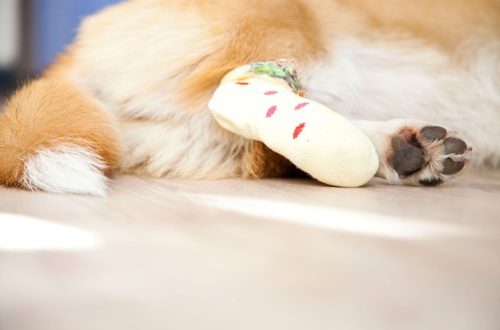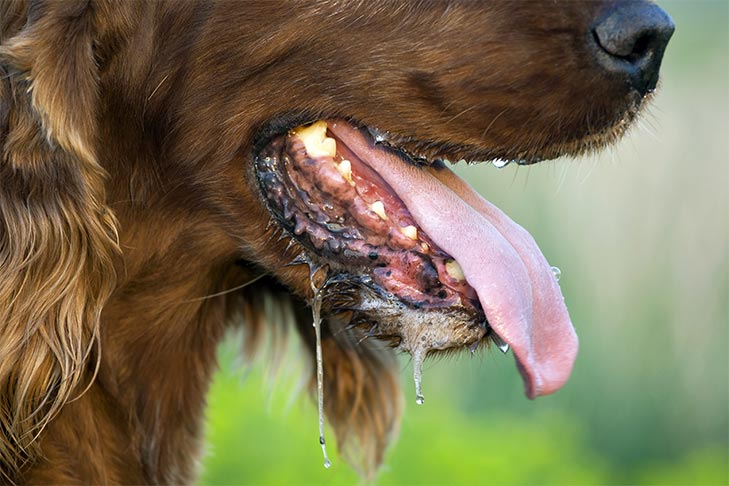
Dog breath odor: causes and how to get rid of it?
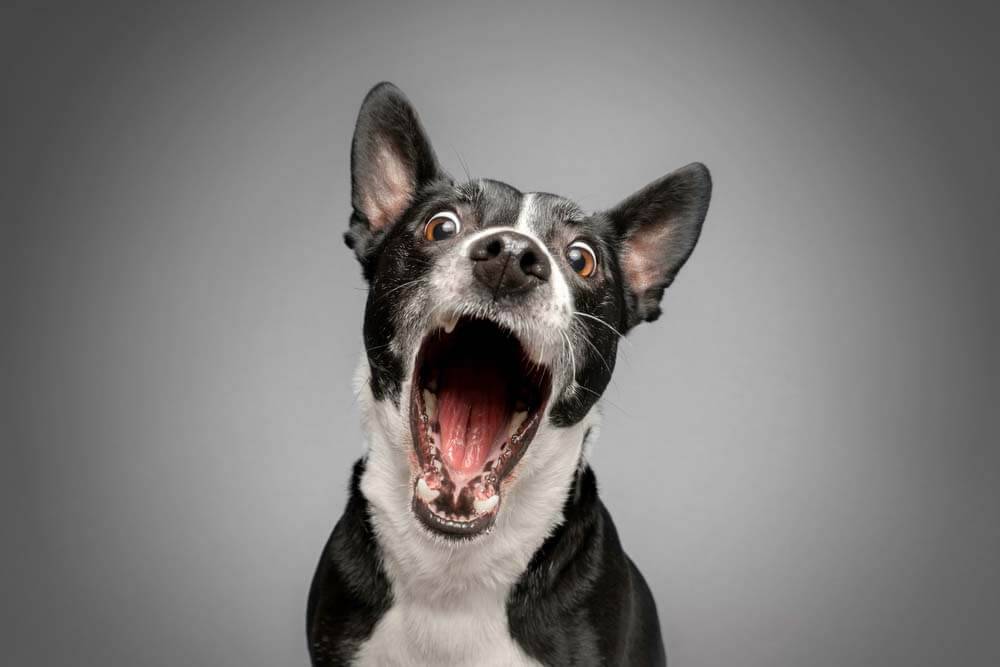
Contents
Causes of bad breath in dogs
Let’s take a look at the common causes why dogs have bad breath, what effects they cause, how to find and how to get rid of them. There are obvious reasons – the pet ate something with a pungent smell – fish, feces, garbage, rotten meat. Plus, this situation often occurs when the animal has certain diseases associated with the oral cavity or internal organs.
Plaque
Over time, yellow plaque appears on the teeth. It consists of microparticles of saliva, bacteria and food debris. Its formation inevitably occurs in all mammals – dogs, cats, people. Plaque itself is soft and easily removed mechanically with a brush and paste.
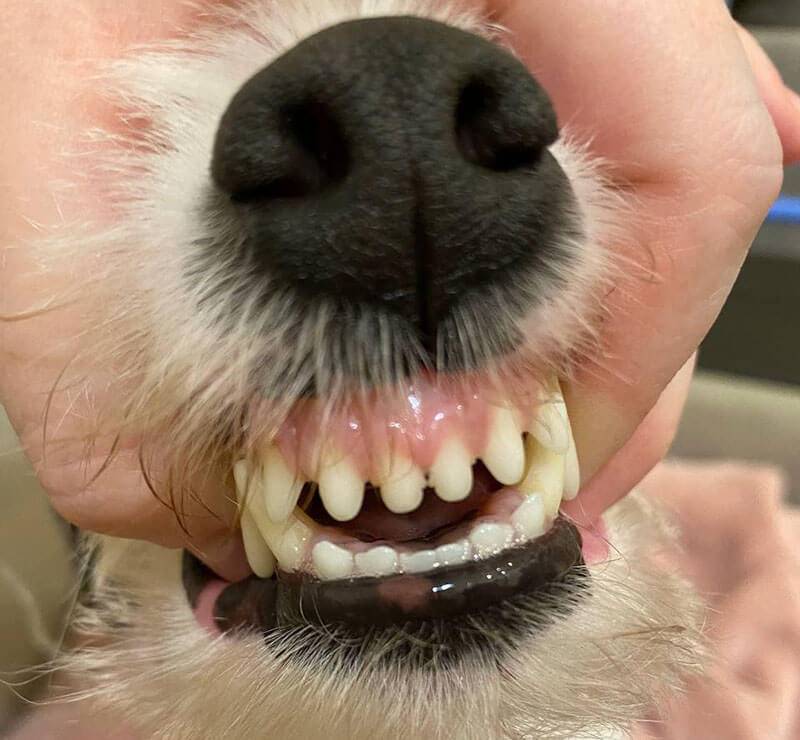
Tartar and resorption (destruction) of roots
If plaque is not cleaned, it mineralizes and turns into tartar. The smell from the mouth becomes stronger, and on the teeth we see brown or dark gray deposits. The stone gradually begins to cover the entire visible part of the tooth and hit the root under the gum. As a result, the tooth dies, the root is destroyed, the dog smells of rot from the mouth.
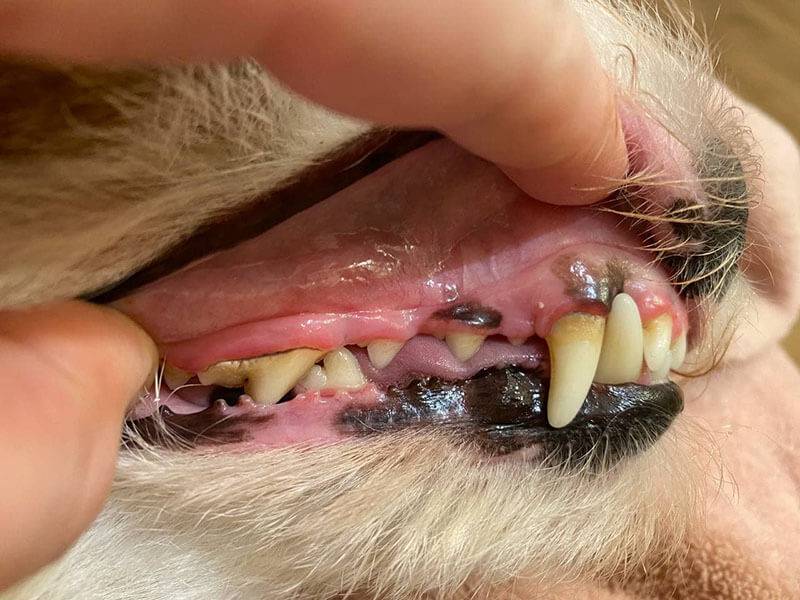
Gingivitis and stomatitis
Inflammation of the gums (gingivitis) and the oral mucosa (stomatitis) occurs as a result of injuries of the oral cavity, the presence of tartar, teeth changes, and viral diseases. The dog seems to smell like fish from the mouth or something sour, the gums become red and swollen, there may be ulcers on the cheeks and gums.
Kidney
The kidneys filter the blood and produce urea and creatinine. If their function is impaired, the level of ammonia in the blood rises, and the dog’s mouth begins to smell like urine. Another reason for the increase in the level of ammonia in the blood can be some liver diseases. It is important to remember that the liver and kidneys are the filters of our body, and if their function is impaired, then all organs suffer.
Gastrointestinal disease
Diseases of the stomach, pancreas, liver, esophagus also cause bad breath. As a rule, they are accompanied by other symptoms – diarrhea, vomiting, belching. The smell can be different – putrefactive, sour, sweet. It depends on the cause of the illness.
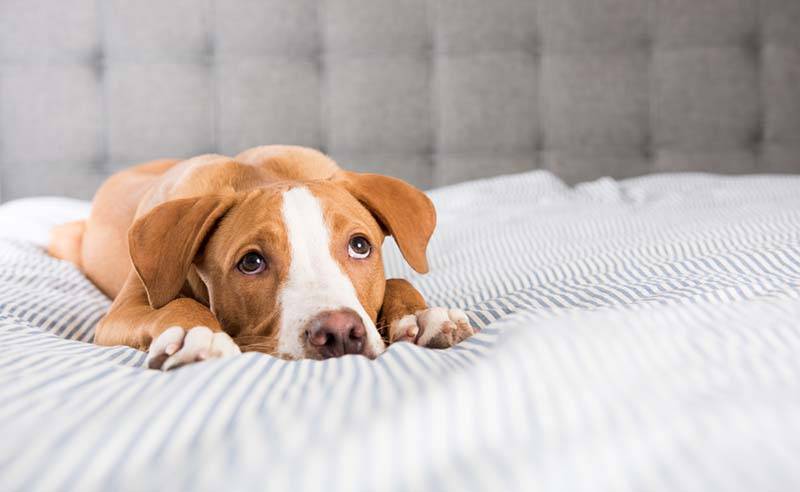
Diseases of the respiratory tract
Halitosis – bad breath – is often a symptom of diseases of the upper respiratory tract – laryngitis, tracheitis, tonsillitis. The odor is usually purulent and is accompanied by shortness of breath, coughing, and other symptoms of respiratory disease. Often there is purulent discharge from the nose.
Foreign body in the oral cavity
One of the reasons why a dog can have a strong stink from the mouth is the presence of foreign bodies. Food, pieces of sticks or rags get stuck in the cheeks or between the teeth. The smell, as a rule, is very unpleasant – rotten, putrid. It occurs abruptly and disappears if the animal gets rid of the foreign body.
Diabetes
Causes the smell of acetone. A sharp chemical smell from the mouth or from wool, skin indicates the development of endocrine pathology and insulin deficiency in the blood. In addition to the specific smell, the owners notice that the animal drinks and eats a lot, but is losing weight.
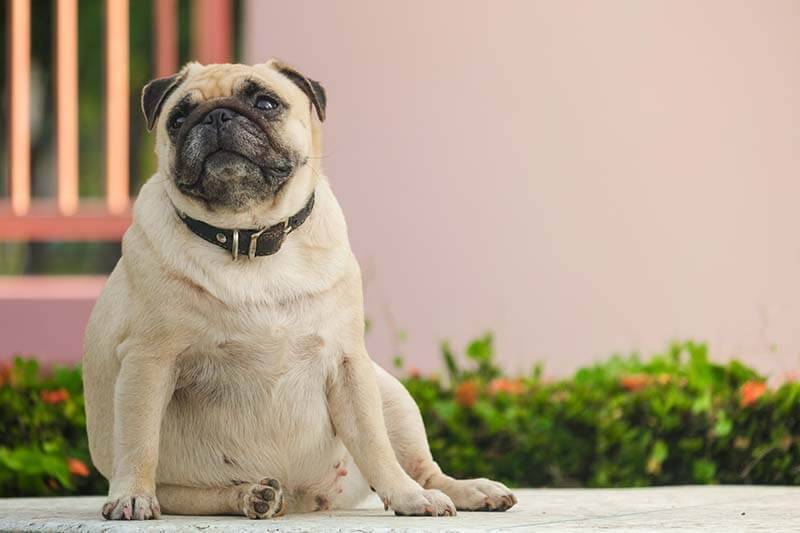
Oral tumors and bleeding
Tumors of the oral cavity can be localized on the gums, lips, under the tongue, on the tongue and bring great discomfort. Dogs often injure them and the tissues next to them with food, the correct bite is broken, which causes a metallic smell from the mouth, blood in the saliva or water that the animal drinks.
Perianal glands
Near the anus of the dog there are two small sacs where a fetid secret accumulates. These are prianal glands, and normally the secret from them should come out during a bowel movement. It has the smell of rotten fish. If during licking it gets into the mouth, which is not so rare, a characteristic smell from the pet’s mouth appears.
Concomitant symptoms
For diseases of the oral cavity, accompanying symptoms will be:
Ptyalism – increased salivation. Saliva itself can also change its character – have an unpleasant odor, be cloudy or brown, viscous and foam.
Uncharacteristic food intake. Food falls out of the mouth, the dog prefers to chew on one side or eat only a certain type of food, it is strange to take it from a bowl.
The jaw does not close completely or the tongue is often protruded.
There may be swelling on the face, painful bumps – abscesses.
If a dog has bad breath due to diseases of the internal organs, the symptoms will affect the entire body as a whole:
Decreased appetite and activity;
Temperature increase;
Change in body weight up or down;
Deterioration in the quality of wool;
Discoloration of the gums and eyes – pale or even yellowish;
Vomiting foam or food;
Sometimes there are changes in the stool – diarrhea and constipation;
Cough, shortness of breath, snot.
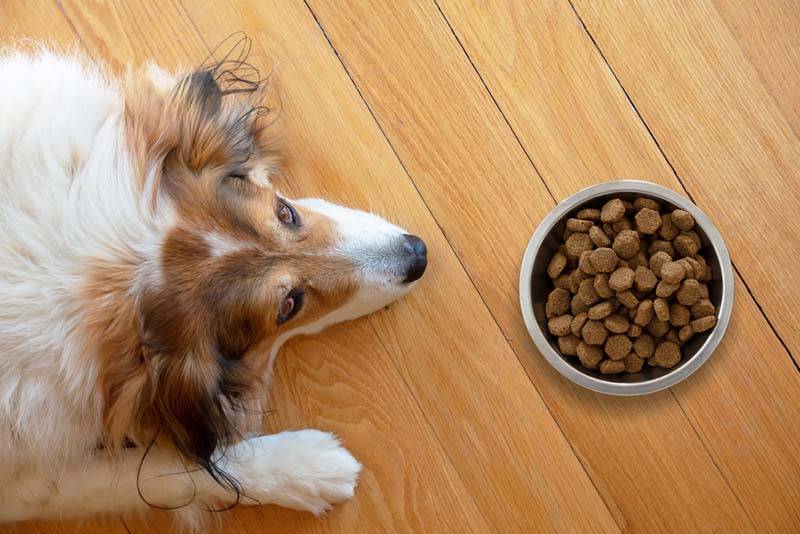
Diagnosing the problem
To understand the cause of the smell from the mouth of a dog, it is first necessary to examine the oral cavity.
If the animal is young and has no complaints about the general condition, then when examining the oral cavity, you can easily find a problem – plaque, food in the teeth, sores on the gums, a broken tooth. Sometimes you can even fix the cause yourself.
If there are other complaints or a pet older than 6 years, it will be more difficult to figure it out. As a rule, a comprehensive examination of the oral cavity, skin assessment, and palpation of the abdomen are required. Next, you should conduct laboratory studies – a biochemical blood test, evaluate organ function and inflammatory processes and anemia, a clinical blood test, conduct an ultrasound examination of the abdominal cavity, and pass urine tests.
An X-ray study allows you to assess the condition of the jaw and the roots of the teeth, it is performed after an examination by the dentist before the extraction of teeth.
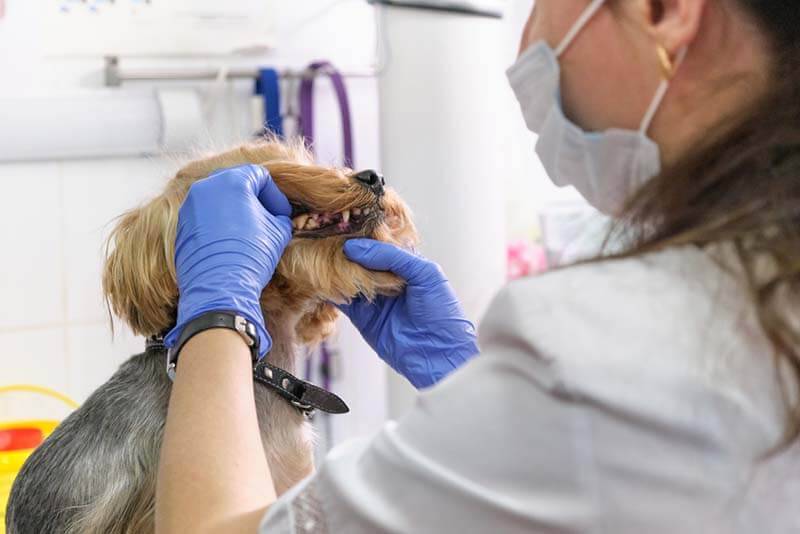
Treatment
Treatment for bad breath in a dog will depend on the causes of its occurrence.
To get rid of tartar, plaque or rotten teeth, a dentist appointment, oral cavity sanitation and removal of non-viable teeth are required. The procedure is different from what people are used to. In dogs, oral hygiene is carried out only under anesthesia and immediately in a complex manner.
In case of inflammation of the gums, antibiotics are prescribed orally and veterinary dental gels – Orozim and Stomadin – to relieve swelling and pain. The underlying cause of stomatitis and gingivitis is also treated.
In kidney disease, treatment is aimed at lowering the level of creatinine and urea in the blood. Droppers are prescribed, appetite is stimulated and special low-protein foods are recommended, for example, RENAL (RENAL) ROYAL CANIN, Hill’s PRESCRIPTION DIET k / d, PRO PLAN® VETERINARY DIETS NF RENAL FUNCTION and others. The disease will need to be monitored throughout life, regular visits to the doctor.
If the cause is in the gastrointestinal tract (GIT), therapy is directed to the surrendering organ. If the case is in the liver, hepatoprotectors are used (to protect the liver), vitamins, droppers, antibiotics and other symptomatic drugs. If in the stomach – gastroprotectors (anti-ulcer), antiemetic. Not without special diets.
To treat diabetes, you will need, as in humans, to put insulin and regularly measure blood sugar, eat a low glycemic index diet and control weight.
If the cause of the smell is a foreign body, trauma or tumor, the help of a surgeon will be required. He will assess the condition of the tissues in the oral cavity and determine the method of treatment. The tumor is usually removed and chemotherapy is prescribed, the wounds are sutured, foreign bodies are removed.
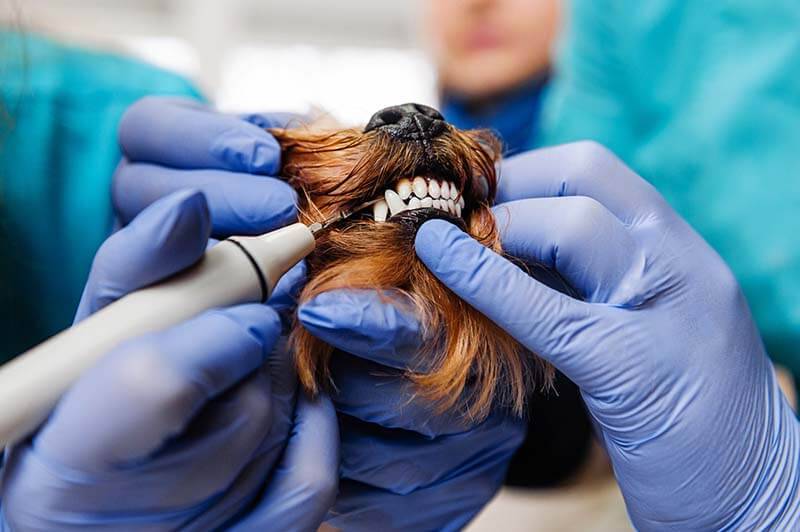
How to remove bad breath from a dog’s mouth?
You can remove bad breath from a dog at home if the reason is hygiene, tartar, gum injury, or the animal has food stuck between the teeth.
These tips will help eliminate bad breath in your dog:
Brush your animal’s teeth;
Give him something fragrant to chew on, such as a parsley leaf;
Use special mouth sprays, such as Beaphar Fresh Breath Spray for cleaning teeth or Orozim and Stomadin gels;
Switch your dog to oral hygiene foods such as ROYAL CANIN Dental Care;
Give teeth special toys to chew on, they usually have a light minty flavor.
Unfortunately, if the cause of the smell is diseases of the internal organs or decay of the teeth, the problem cannot be dealt with at home, and an examination by a veterinarian is necessary.
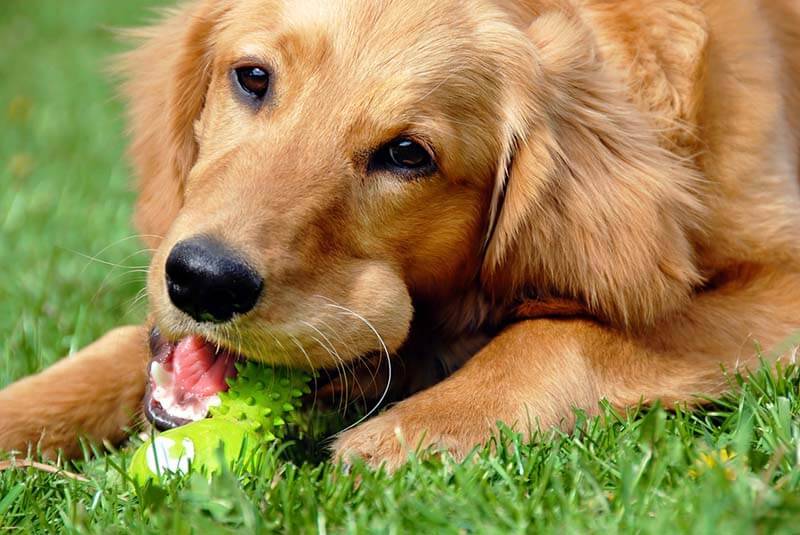
Possible complications
When a dog’s breath stinks and you ignore it, the consequences can be disastrous.
In addition to the fact that a pet, like a person, experiences a toothache, it is difficult for him to eat, the general condition of the body worsens from malnutrition. Local inflammation of the teeth leads to the development of abscesses, fistulas in the nasal cavity, purulent inflammation of the sinuses.
Teeth fall out more often in small breeds of dogs – toy terriers, Yorkshire terriers, Spitz.
Sometimes even pathological fractures of the jaw occur.
A large amount of tartar can cause inflammation of other organs – the stomach, pancreas, as bacteria from the mouth penetrate through the blood throughout the body.
If the cause of the smell is in diseases of the internal organs, the symptoms of the underlying disease will intensify and may lead to the death of the pet.
Puppy breath odor
Usually the smell from the mouth of babies is quite pleasant. Their teeth are still clean, the diet is monotonous, there are no diseases.
It is unpleasant to smell in a puppy from the mouth begins during the period of changing teeth. At this time, the gums swell, gingivitis and stomatitis often appear, milk teeth fall out, and molars erupt.
It is also typical for puppies to eat their own and other people’s feces, something from the trash, stealing from the table, which also affects the aroma of the breath and can lead to an unpleasant amber.
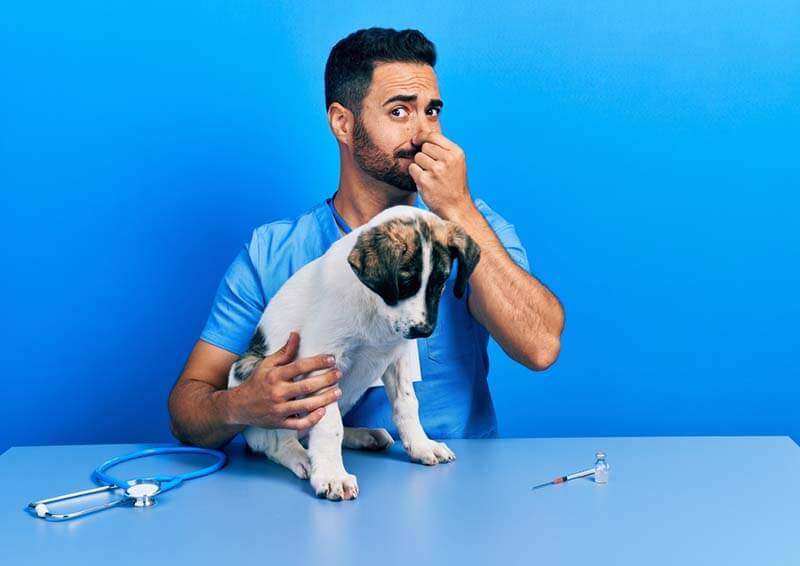
Oral hygiene in dogs
A strong smell from the dog’s mouth indicates that the help of a veterinarian is needed. However, if you want to avoid dentists, we recommend that you maintain oral hygiene from the first days of the puppy’s birth. Just like humans, pets need to brush their teeth. There are several ways to maintain a healthy mouth – toothpaste and brush, hygienic gels, sprays, water additives, toys and food.
From childhood, teach your pet to manipulate the mouth. The puppy should easily let you get something out of the mouth or drive the brush in it.
Brush your teeth with toothpaste using a brush or fingertip at least 2-3 times a week. The brush can be children’s or veterinary, as well as a fingertip. A special paste is needed. If the dog is not accustomed to the procedure, use antibacterial gels that slow down the formation of plaque.
Use oral sprays or rinses daily. Now in pet stores a considerable selection of products of this type.
Offer your dog special toys designed to maintain oral hygiene for play.
Industrial feed is also a good helper in the fight for a snow-white smile. If the croquette and the type of food are chosen correctly, the teeth are cleaned mechanically while eating.
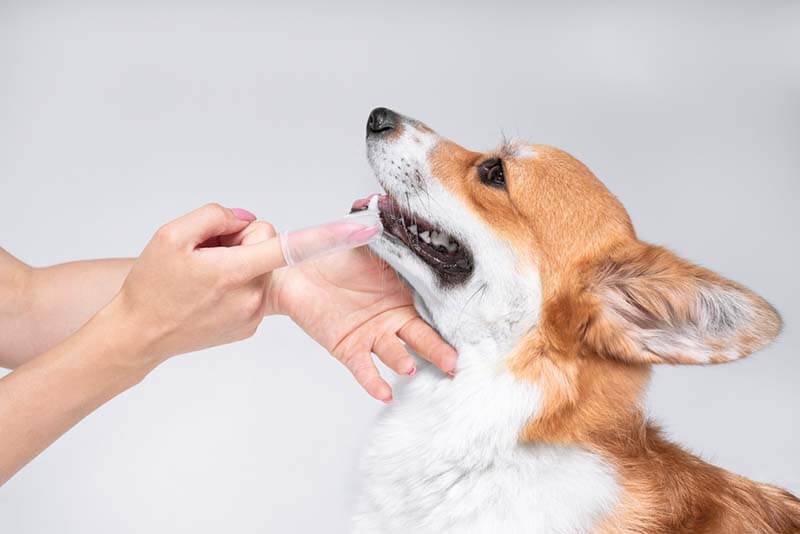
Prevention
Prevention of bad breath in a dog should be comprehensive.
First of all, it is necessary to comply with the rules of feeding and maintenance. The animal has a number of nutritional features, for example, it naturally tears off pieces and swallows them without chewing. Therefore, when choosing a dry diet, it is important to consider the age and size of the dog. This will allow you not to miscalculate the size of the kibble and prevent plaque by mechanical cleaning.
A natural diet should consist not only of soft foods, but also of hard ones. Adding tough vegetables in a natural diet, such as raw carrots, will also create a mechanical peeling effect. To maintain the balance of nutrients in a natural diet, it is best to seek the advice of a nutritionist. This is important for the prevention of diseases of internal organs.
It is necessary that the puppy be kept in acceptable conditions from a very early age, which will avoid developmental pathologies and many diseases in the future.
The diet should be age appropriate.
This applies to both prepared feed and natural diet. Then the puppy develops correctly the systems of internal organs, including the maxillofacial apparatus. The content should be in a warm room, with clean bedding. Treat for worms every 3-4 months and for external parasites every month during the season. Choose the right toys so that the puppy does not get hurt by them or damage the teeth.
It is necessary to control the change of teeth in a puppy. By 10-12 months, all molars should be in one row. If the milk teeth have not fallen out, be sure to have them removed by a veterinary dentist.
Follow the rules of oral hygiene. Do not use sticks, rags, plastic and other unsuitable materials for games, it is better to purchase specialized toys based on the size, age and character of the dog.
Regular check-ups by a veterinarian will allow you to notice diseases in the early stages or even avoid them altogether.
The dog’s breath smells – the main thing
Bad breath can indicate diseases of the oral cavity or internal organs.
If the smell is weak, there are no visible abnormalities, and the pet feels good, start paying more attention to oral hygiene procedures.
In the presence of concomitant symptoms – pain, fever, refusal to eat, lethargy – consult a doctor immediately.
The dog smells bad from the mouth, most often in the presence of tartar. For treatment, it is necessary to sanitize the oral cavity in a veterinary clinic. The procedure is performed under sedation (medicated sleep).
A proper diet, regular oral hygiene, and quality toys will help you avoid going to the dentist for a long time.
Answers to frequently asked questions



